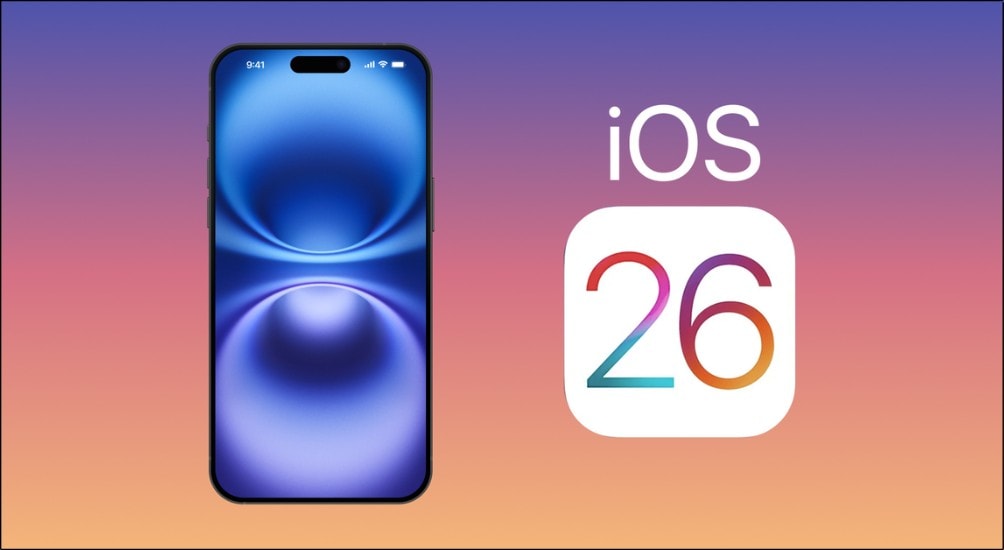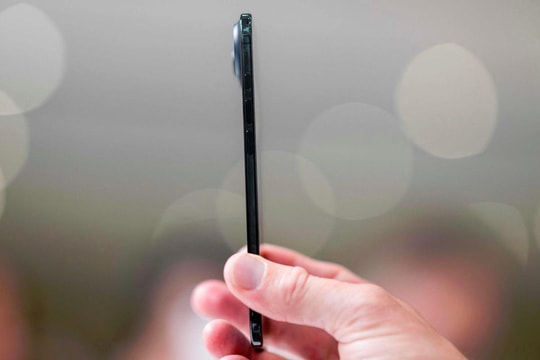Apple warns iOS 26 upgrade may affect battery performance
According to Apple, after installing major operating system updates like iOS 26, users may notice slightly poorer battery performance on their iPhone, but this is only a temporary effect and will stabilize after a period of use.
On September 15, Apple officially released iOS 26, the latest version of the operating system for iPhone. This is considered one of the most important updates in many years, bringing a series of new features and outstanding improvements.
Notable among them is Apple Intelligence - an artificial intelligence (AI) platform deeply integrated into the ecosystem, including Adaptive Lockscreen that allows the lock screen to automatically change according to context, Live Translation that supports direct translation right on the device, and a tool to filter calls and messages from strangers.

Additionally, users can also experience live wallpapers, create polls in messages, use AI to edit screenshots, and a completely new interface called Liquid Glass.
Notably, Apple also introduced Adaptive Power Mode - a feature that is advertised as being able to help the iPhone "last all day". However, the question is whether this promise really reflects the real-life experience? Does the iPhone battery have enough power to operate throughout a long day, regardless of the user's needs?
The answer, of course, depends not only on the software but also on how each person uses the device. For ordinary users, battery life can last a full day, but for those who regularly use heavy features such as video recording, gaming or AI processing, the battery will inevitably drain quickly.
Apple acknowledges this in its newly updated support page, saying major iOS updates can temporarily impact performance and battery life.
According to Apple, its hardware and software systems are always designed to deliver superior performance and optimal battery life. But right after completing an update, especially major versions like iOS 26, users may notice a decrease in battery life or a higher temperature than usual.
This is because the device needs time to complete background processes, including indexing data, downloading new content, or updating apps. These effects are said to be temporary and should gradually stabilize after a few days.
Apple also stressed that new features are designed to help users get the most out of their devices, but sometimes they consume more resources. This means that not everyone will have the same experience, with some barely noticing a difference, while others will see a noticeable decrease in battery life. However, the company claims that it is constantly optimizing iOS through small updates to ensure smooth performance and long battery life.
In fact, battery complaints after iOS updates are nothing new. For years, users have been accustomed to the phenomenon of iPhones "draining battery quickly" in the first few days after the update, before the system stabilizes again.
However, Apple rarely explains in detail the specific reasons, and this time, the company's general support page only gives a general explanation, not specific to iOS 26.
That said, if you’ve just upgraded to iOS 26 and are noticing your battery draining faster than usual, be patient. Once your device finishes the background optimization process, your iPhone should be back to its performance and battery life as promised by Apple./.


.jpg)

.jpg)

